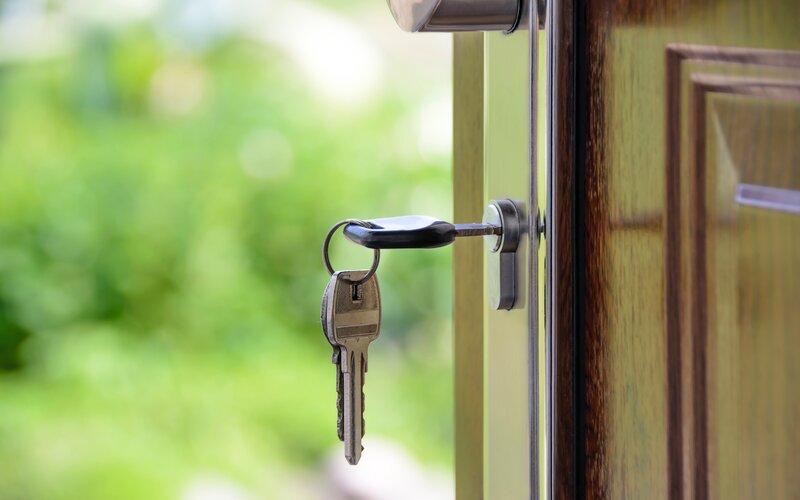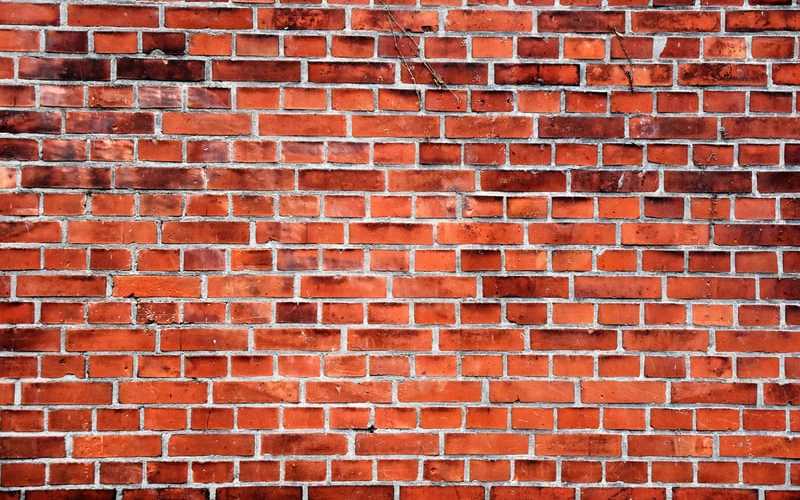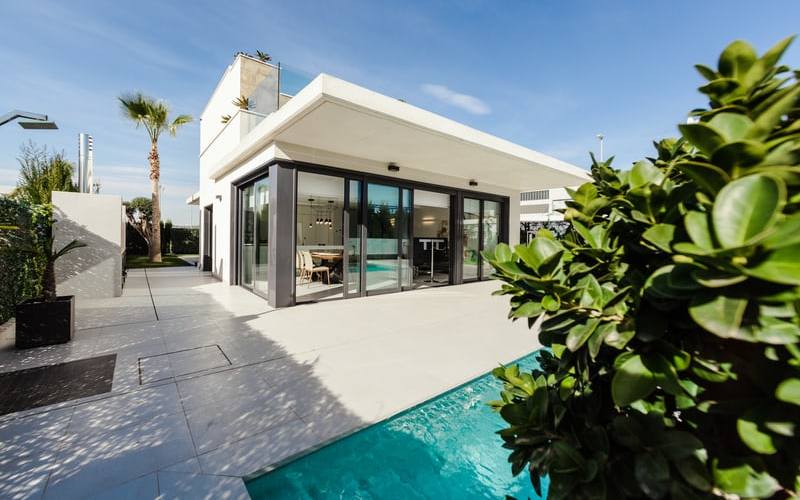As the saying goes: what goes up, must come down.
For Melbourne’s property market in 2022 it was certainly a case of the latter, with house prices tumbling off the back of deteriorating affordability and eight consecutive RBA cash rate increases.
Melbourne’s million-dollar club lost 28 suburbs throughout 2022 according to CoreLogic data, gaining only one - Bright in Victoria’s High Country.
Further, the average Melbourne dwelling price has fallen this year from $973,000 in the March quarter, to $912,100 in the September quarter, according to the latest ABS dwelling figures.
Domain’s Chief of Research Dr Nicola Powell said house prices across the combined capital cities switched from the steepest annual growth rate on record in 2021 to the fastest quarterly decline on record in 2022.
“As 2022 unfolded, the downturn gathered momentum and spread geographically,” Dr Powell said.
“Initially, the slowdown was evident as affordability impacted buyer demand and total listings rose from the national low in January.
“As the Reserve Bank moved through its most aggressive hikes in interest rates since the early ’90s, it placed a firmer brake on the housing market. This means that the year ended in a different position from the start, as the market tipped firmly in buyers’ favour.”
Speaking to Savings.com.au, founder of Cate Bakos Property and President of Real Estate Buyers Agent Association (REBAA) Cate Bakos said Melbourne didn’t fare brilliantly in 2022.
“Much like every other capital city, the interest rate increases, and in particular the negative sentiment in response to rate increases and global uncertainty, impacted our markets,” Ms Bakos said.
“From the highs of late 2022, our median price was reasonably static until May when the RBA hiked up interest rates with a few tough blows.”
Melbourne’s median value decline has not been as significant as other capitals, with Ms Bakos noting this is possibly a result of the previous boom not being as strong and because stock levels have been lower than previous years.
“The two market segments that have been most negatively impacted include first home buyer stock (typically villa units, apartments and townhouses) and renovation or knock down houses,” she said.
“When our RBA’s intervention into interest rate rises ceases (or reverses), we can anticipate buyer sentiment will switch and I believe 2023 will net us some price gains across most market segments, particularly inner-ring locations.”
Frankston, 3199
Hello Haus Founder Scott Aggett said Frankston is a well-established suburb that is attractive to buyers due to its lifestyle and proximity to the Melbourne CBD.
“Whilst Melbourne has been affected by recent house price declines, Frankston has held up very well, with a median house price reduction of only 0.9% since the peak in July 2022 and now sits at $773,000,” Mr Aggett told Savings.com.au.
“Frankston will always perform well due to its extremely low supply levels, low vacancy rates of 1.41% and a 10-year compounding growth rate at 8.0% p.a.”
Mr Aggett said Frankston is an opportunity to consider seriously given it is harder to enter a tightly held market at a discount.
Frankston currently has a median house price of $773,000 and median unit price of $540,000 based on PropTrack data.
Werribee, 3030
Werribee is another suburb Mr Aggett views with the potential for growth given its well-established roots, located 40 minutes west of Melbourne CBD.
“Werribee has continued to push forward without seeing a monthly year-on-year median house price decline and currently sitting at $615,000,” he said.
“Werribee will always perform well due to extremely low supply levels, low vacancy rates of 2.3% and a 10-year compounding growth rate at 7.7% p.a.”
The area lies within close proximity to amenities including beaches, shopping centres, cafes and restaurants with a demographic ranging from single professionals to families with kids.
Weribee currently has a median house price of $615,000 and median unit price of $420,000 based on PropTrack data.
North Melbourne, 3051
Heading to the inner-city, the suburb of North Melbourne some 3km from Melbourne CBD is proving its worth, notes John McGrath, founder of McGrath Real Estate.
“North Melbourne has been slowly gentrifying over the years and now boasts a vibrant arts and restaurant scene,” Mr McGrath said.
“It has wide streets for somewhere so close to the CBD, with period homes in amongst the renovated warehouses and apartment blocks.
“You can walk to the city, or nearby Queen Victoria Market, and when Arden station opens as part of the new Metro Tunnel it will only increase residents’ ability to get to other parts of Melbourne.”
Based on PropTrack data, North Melbourne currently has a median house price of $1,300,000 and a median unit price of $579,000.
Lalor, 3075
Another of John McGrath’s picks for growth in Melbourne through 2023 is Lalor.
Lying 17km north of Melbourne’s CBD, Mr McGrath notes Lalor is popular with families for its big blocks, abundance of schools and a choice of sporting clubs.
“Lalor is one of a handful of suburbs in Melbourne where houses are still selling for less than $800,000,” he said.
“The suburb is serviced by the Northern Hospital, two universities in nearby Bundoora — RMIT and LaTrobe — as well as shops in neighbouring Epping.
“The State Government and council are investing more than $2 million in a revitalisation program to fund streetscape improvements and new public spaces.”
Lalor currently has a median house price of $707,500 and a median unit price of $540,500 based on PropTrack data.
Point Cook, 3030
PRD Chief Economist Dr Asti Mardiasmo views Point Cook as an affordable and liveable suburb projected for growth in Melbourne in 2023.
“Located 26.2km from Melbourne’s CBD, Point Cook currently has an annual median price growth of 29.4% with $88 million in total projects being injected into the area,” Dr Mardiasmo said.
“One of these key projects includes Edge One Apartments Mixed Use Development which is projected at $30 million to deliver 100 apartments.”
Point Cook is the home of Australia’s Royal Air Force Base and is the current home of the RAAF Museum.
Point Cook is one of Australia’s most multicultural suburbs, home to a demographic primarily of families with kids.
Based on PropTrack data, Point Cook currently has a median house price of $760,00 and a median unit price of $497,500.
Mill Park, 3082
Mill Park is another suburb outlined by Dr Mardiasmo as an affordable and liveable suburb tipped for growth in 2023.
“Located 22.2km from Melbourne CBD, Mill Park currently has an annual median price growth of 14.8% with $3.6 million in total projects to be completed - the key being Kelynack Recreation Reserve worth $1.3 million,” she said.
Mill Park lies within close proximity to amenities including schools, universities, shopping centres and public transport.
Mill Park currently has a median house price of $785,000 and a median unit price of $510,000 based on PropTrack data.
Berwick, 3806
Upside Realty Director of Sales and Operations James Kirkland notes Berwick is a suburb growing in popularity with young families due to its proximity to good schools, universities and hospitals.
“Located 41km south-east of Melbourne’s CBD, the median house price has grown 12.5% this year to $900,000 and the suburb has a strong rental yield of 3.1%,” Mr Kirkland said.
“Narre Warren South is also worth considering as it lies in the same school catchment zone.”
Berwick currently has a median house price of $900,000 and a median unit price of $663,000 based on PropTrack data.
Inner and middle ring
Ms Bakos noted the inner ring and middle ring renovated family home market continues to outperform and it is unlikely that this will change in 2023.
“Rail upgrades are fuelling some of these growth suburbs,” she said.
“Inner ring examples include Brunswick, Fitzroy, Kensington, Middle Park and Albert Park.
“Middle ring examples include Armadale, Hawthorn, Reservoir, Sunshine, Mordialloc and Oakleigh.”
The median house price for the inner ring suburb of Brunswick is $1,315,000, PropTrack data details.
Meanwhile, in the middle ring, Armadale’s median house price is $2,491,000.
Advertisement
Buying a home or looking to refinance? The table below features home loans with some of the lowest interest rates on the market for owner occupiers.
| Lender | Home Loan | Interest Rate | Comparison Rate* | Monthly Repayment | Repayment type | Rate Type | Offset | Redraw | Ongoing Fees | Upfront Fees | Max LVR | Lump Sum Repayment | Additional Repayments | Split Loan Option | Tags | Row Tags | Features | Link | Compare | Promoted Product | Disclosure |
|---|---|---|---|---|---|---|---|---|---|---|---|---|---|---|---|---|---|---|---|---|---|
5.79% p.a. | 5.83% p.a. | $2,931 | Principal & Interest | Variable | $0 | $530 | 90% |
| Promoted | Disclosure | |||||||||||
5.74% p.a. | 5.65% p.a. | $2,915 | Principal & Interest | Variable | $0 | $0 | 80% |
| Promoted | Disclosure | |||||||||||
5.84% p.a. | 6.08% p.a. | $2,947 | Principal & Interest | Variable | $250 | $250 | 60% |
| Promoted | Disclosure |
Image by Felix Haumann via Pexels

Ready, Set, Buy!
Learn everything you need to know about buying property – from choosing the right property and home loan, to the purchasing process, tips to save money and more!
With bonus Q&A sheet and Crossword!






 Denise Raward
Denise Raward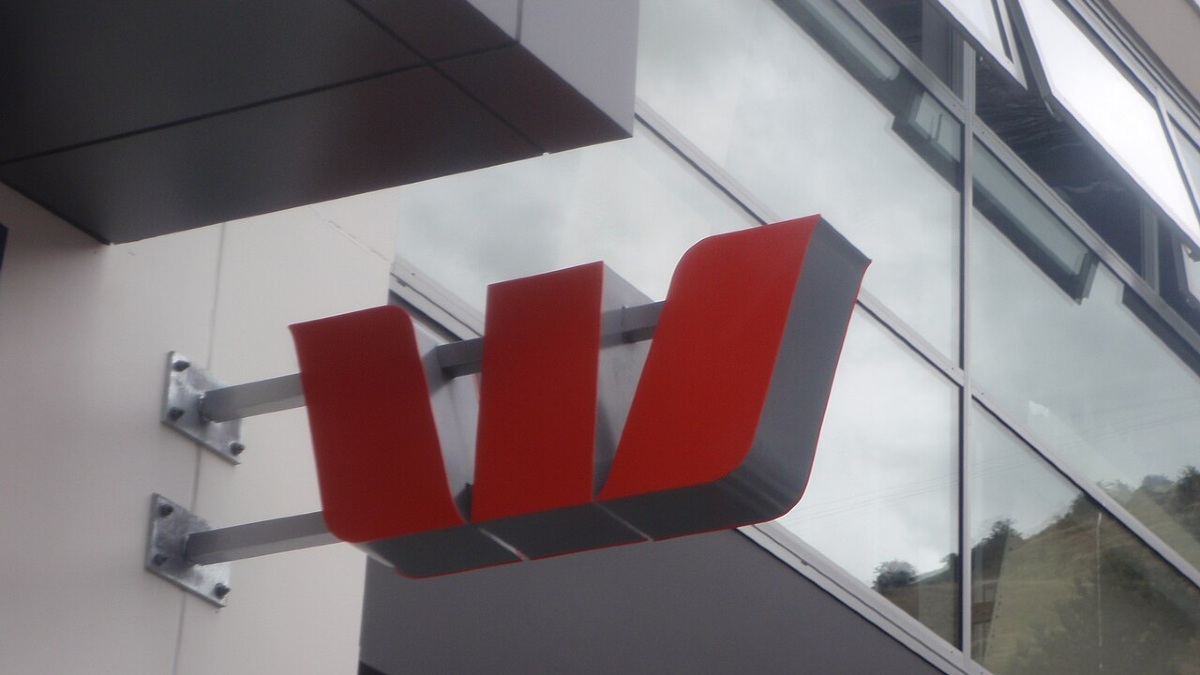

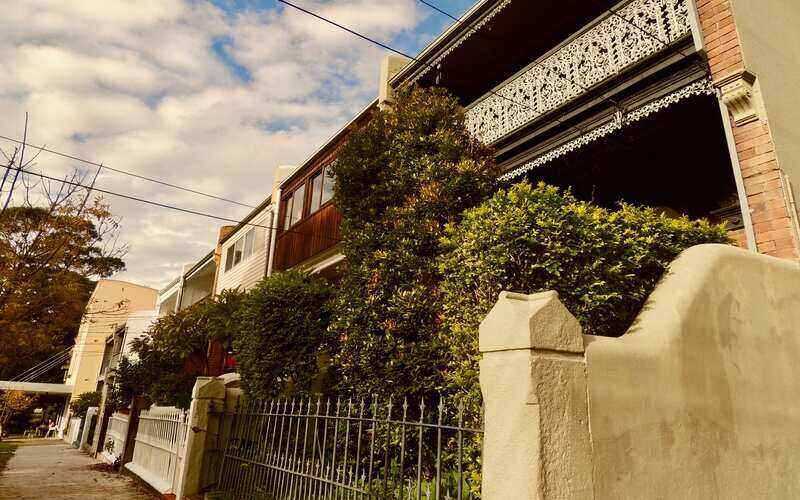
 Harry O'Sullivan
Harry O'Sullivan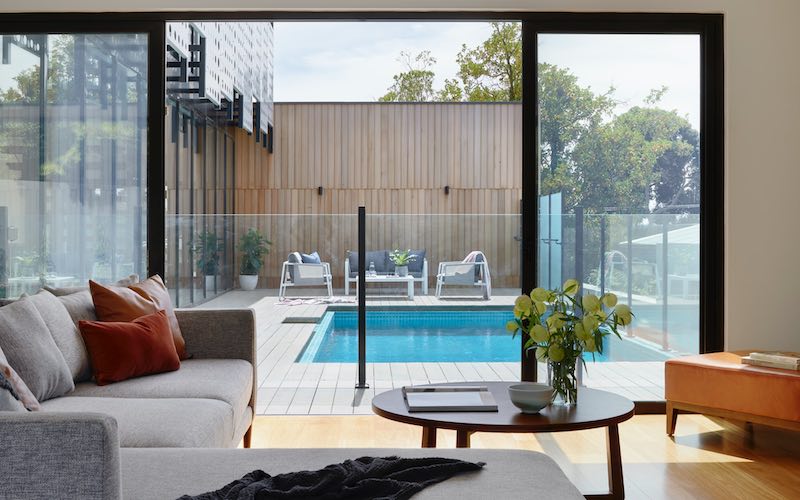
 Harrison Astbury
Harrison Astbury